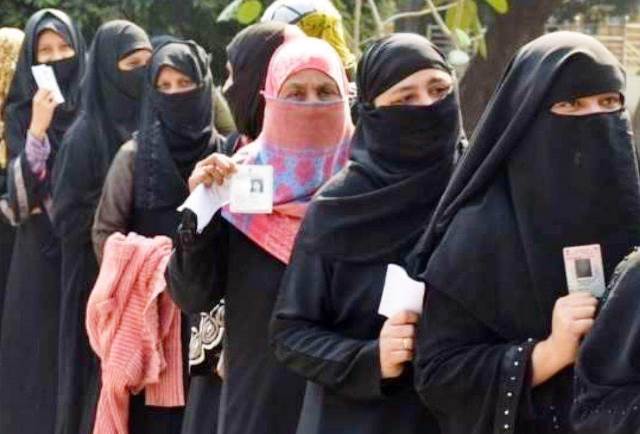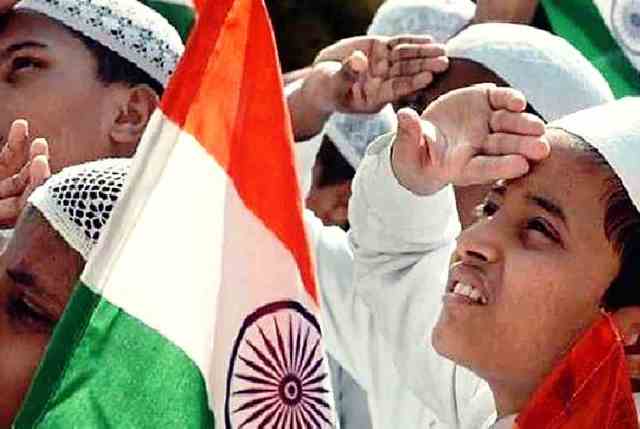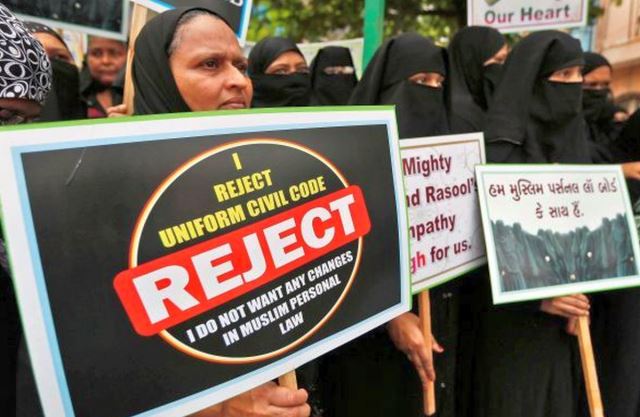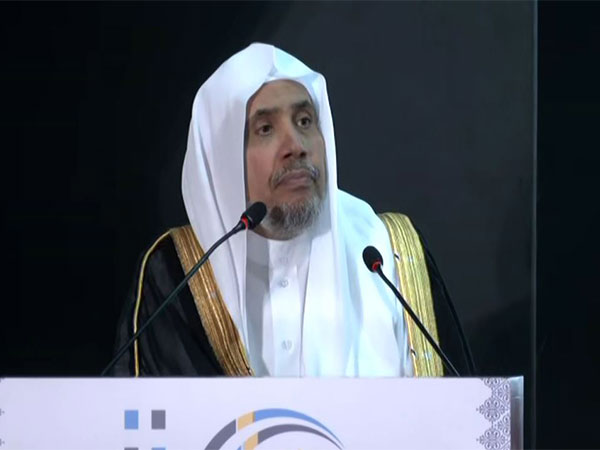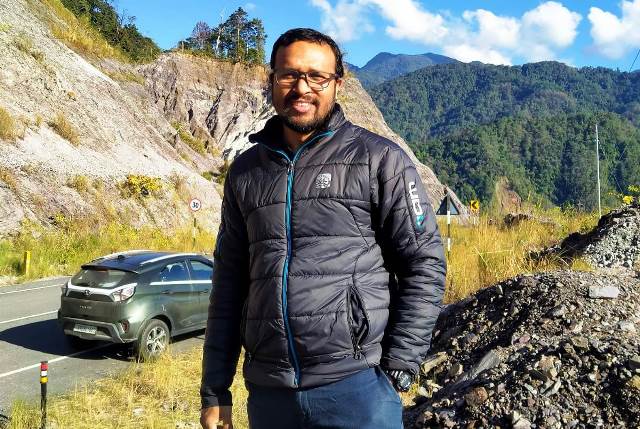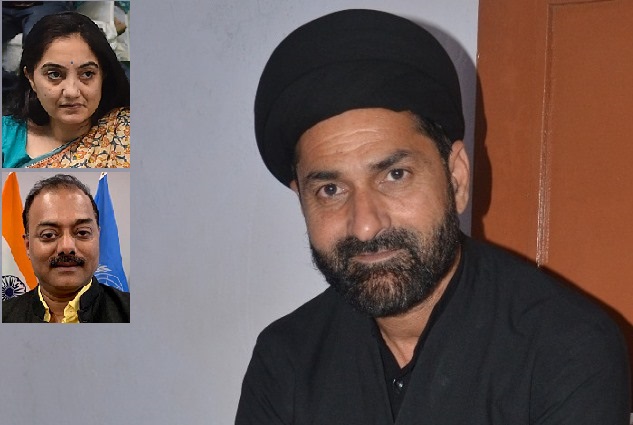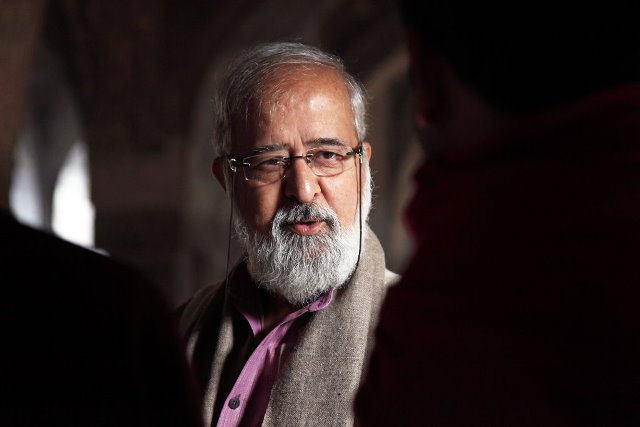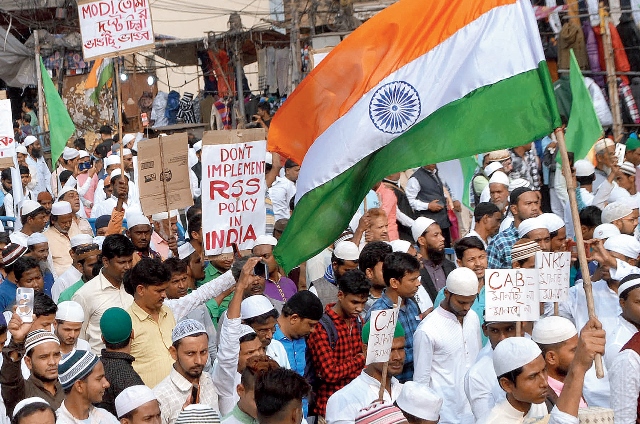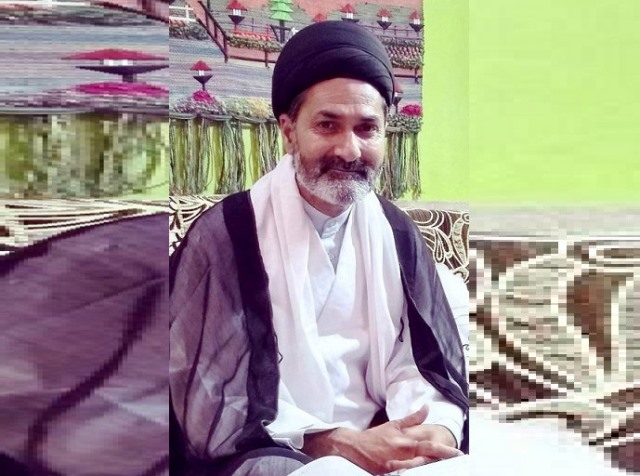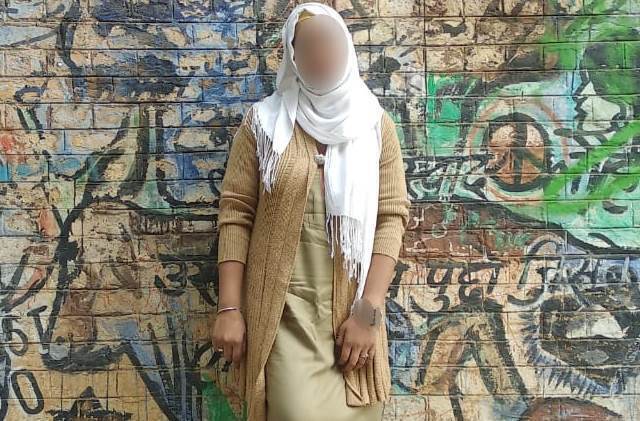The confidence with which the BJP’s top brass in the country led by the Prime Minister Narendra Modi plunged into the electoral fray in 2024, belied its expectations, finally, and many say saved the country from falling further into an abyss of intolerance and majoritarianism.
In spite of a servile media, which throughout the election campaign became the mouthpiece of the ruling party, and which, once the process had ended, predicted more than 400 seats for the BJP, as per Modi’s slogan ‘Ab ki baar 400 paar’ had to eat a humble pie when the real elections results started to come.
To say that BJP had no inkling of the coming fate would also be a mistake. This is evident by the fact that immediately after the first phase of the electoral process PM Modi immediately changed track and resorted to his old way of sowing the seeds of communalism through his speeches, targeting the Muslims in his speeches, crying and even claiming himself to be a demi-god. However, all his pranks fell to the ground, as the election results proved.
Additionally, what is more interesting here would be to analyse the factors, which where responsible for BJP’s defeat, and which in fact will also prove the role played by the Muslims in elections of 2024.
In 2024, 78 Muslim candidates were in the fray, fielded by different political parties, out of them 24 Muslim candidates won the polls or a share of 4.42% in the parliament. In the 2019 elections, 115 Muslim candidates had contested and 26 won last time. That means the current Lok Sabha will have two less Muslim MPs. The only time when the percentage of Muslims MPs in the parliament was near two digits was in 1980 elections, with 49 Muslim MPs securing 9.04% of the MPs representation in the parliament.
There are only 15 Muslim-majority Lok Sabha constituencies, and in further 8 Muslims are in a dominant position, bringing the number of Muslim-influenced constituencies to just 23. In these 15 constituencies, the BJP had nominated Muslim candidates in six (two more than in 2014) and the Congress in nine (three more than in 2014).
This year, the BSP fielded 35 Muslim candidates, the highest among all political parties. The Congress came next, with 19 Muslim candidates, while the TMC had the third highest number of Muslim candidates in the fray this time. The Samajwadi Party (SP) fielded just four Muslim candidates, three contested from UP, while the fourth was been fielded from Andhra
The maximum Muslim candidates contested in UP (22), followed by West Bengal (17), Bihar (seven), Kerala (six) and Madhya Pradesh (four). Assam, among the highest in terms of share of Muslims in the population, had three Muslim candidates, down from four last time.
One reason for an increasing number of Muslim candidates winning in 2024 was the INDIA alliance. In the last elections Muslims generally voted for the Samajwadi Party or the Congress. So, in the 2019 Lok Sabha, the Muslim votes were divided between Congress and the SP, as they contested separately. But this time the SP and the Congress remained together, so we can say that the Muslim votes remained consolidated.
The diminishing number of Muslim legislators could be attributed to the fact that most Opposition parties shied away from giving tickets to Muslim candidates, fearing a polarising contest since the BJP’s advent to power. This accounts for under 5% of the strength of the Lok Sabha, much lower than the overall population of Muslims in India, which stood at 14% in 2011 census.
The reasons for the anti-Muslim consolidation in 2024 can be found in the consecration of the Ram temple and the dominance of the Hindutva narrative in all spheres. At the policy level, there were apprehensions about the Modi government’s moves on the Citizenship Amendment Act (CAA) and National Register of Citizens (NRC): many viewed these as government tools to isolate the community. Additionally, inter-community relations deteriorated further with increasing incidents of lynching occurring with impunity.
However, though one may sound happy that so many Muslim candidates won, but this moment also offers an opportunity to the so-called Muslim religious, political and social leaders and even common Muslims to pause and reflect, whether the BJP’s loss is their victory or not.
Besides going into the more obvious question of BJP’s abhorrence to the Muslims, both as the party’s candidates and electorates, the results should make us think where the Indian Muslims are standing 77 years after the independence.
Have they been successful politically, economically, educationally or socially or have they gone down the ladder, looking for affirmative actions form the successive governments but as a community, not doing enough on their own to achieve success.
Though, by and large Indian Muslims have since 1947 hitched their wagon to the secular parties, yet they have not been able to form a political party of their own with an all-India presence and acceptability. What should be construed as the reason behind this lackadaisical approach? A lack of desire or an inability on their part?
Well, recently a video surfaced on X, showing a leader of Muslim Ulema saying that he does not endorse Indian Muslims’ desire to support a Muslim political leader. In fact it is religious leaders like them who have always betrayed the Muslim community and have always sabotaged any plans by Indian Muslims to rise politically and this results in poor representation of Muslims in the parliament.
Perhaps it is time for the Muslim community to chart out a strategy to float a political party of its own, as they have seen that hitching their wagon to the so-called secular parties has not delivered the desired results for the community. Further to shun the blame of being appeased they need to assert, demand and deliver their own political future.
(Asad Mirza is a Delhi-based senior political and international affairs commentator)
